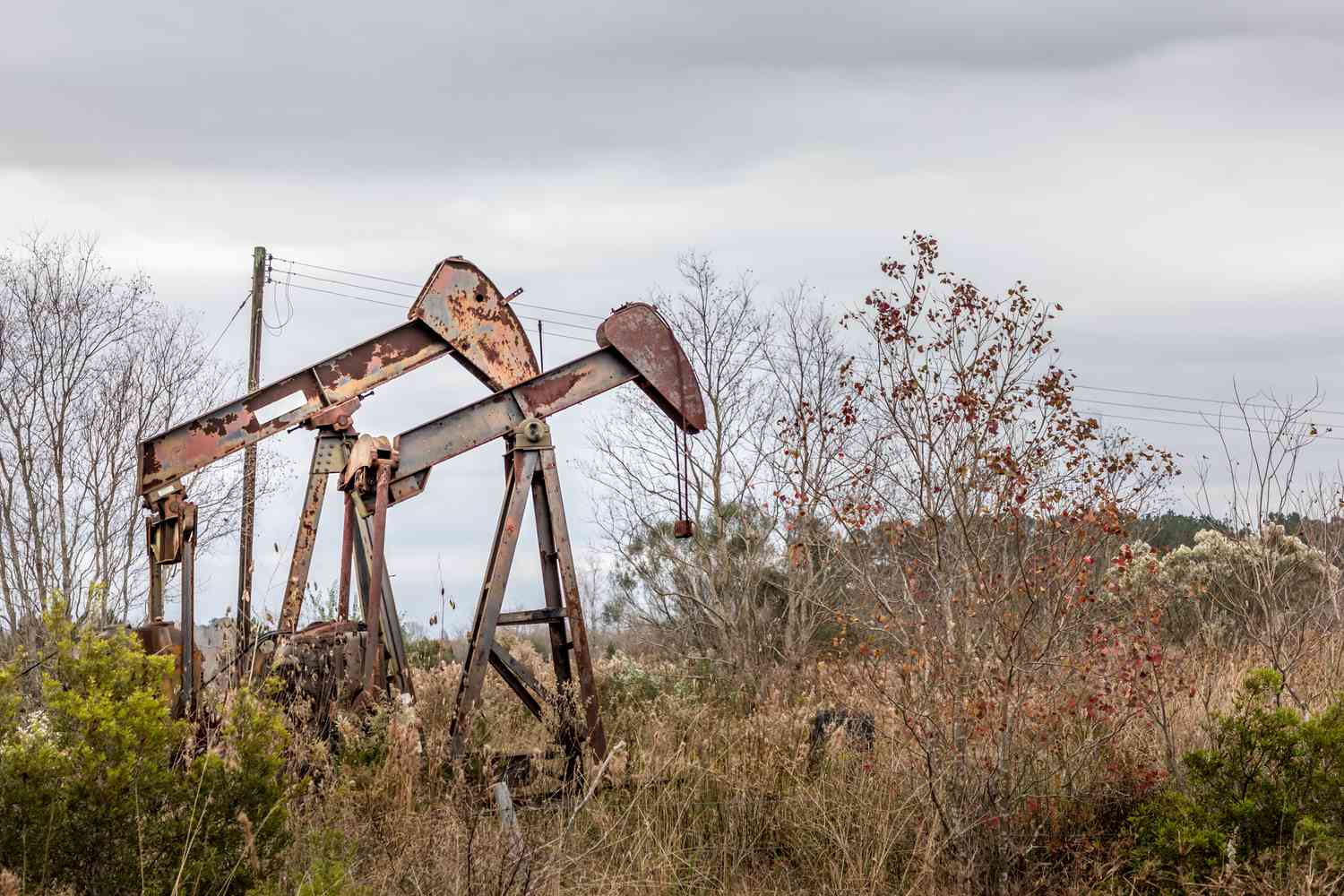[ad_1]
Keep in mind peak oil? We simply recently wrote that it’s once more nonetheless in response to one among many distinctive “peak oilers,” Richard Heinberg, author of the 2005 Peak Oiler conventional “The Celebration’s Over, Peak Oil Is Once more,” it under no circumstances truly went away.
Primarily based on the analysis executed throughout the ’50s by geophysicist King Hubbert, peak oil was presupposed to be occurring about now, when manufacturing of oil would attain its most payment after which start its inexorable decline. In her superb submit—”What’s Peak Oil? Have we Reached It?“—Katherine Gallagher described what might happen as peak oil bites:
“A drop in oil present would end in a spike in oil and gasoline prices, which could affect the whole thing from the agriculture enterprise to the transportation enterprise to the know-how enterprise. The implications may probably be as extreme as widespread famine as meals offers dwindle or a mass exodus from metropolitan areas as a result of the oil present drops. At its worst, peak oil might end in giant public unrest, geopolitical upheaval, and the unraveling of the fabric of the worldwide monetary system.”
Balfour & Associates
We beforehand confirmed this dire rendering of Hubbert’s Peak from 2005, which locations us within the midst of confusion and heading proper right into a interval of chaos adopted by collapse. It didn’t pretty happen this style, due to hydraulic fracturing (fracking) and completely different unconventional oil sources similar to the Alberta oil sands. Nevertheless in response to Heinberg, author of the 2005 Peak Oiler conventional “The Celebration’s Over, Peak Oil Is Once more,” the reality is, it under no circumstances truly went away.
In Resilience, Heinberg well-known that fracking may need despatched manufacturing hovering nonetheless the wells declined shortly, and the rise was financed with low-cost money. However it did permit us to worry about completely different points, like native climate change. If there was any dialogue of peak oil, it was a worry about peak demand comparatively than present, the place no particular person needs the stuff on account of we have got electrified the whole thing.
Nevertheless the European vitality catastrophe attributable to Russia’s warfare on Ukraine has put the provision question once more on the desk. Heinberg reminds us of the vital factor elements about our dependence on vitality:
- Vitality is the premise of all options of human society.
- Fossil fuels enabled a dramatic progress of vitality usable by humanity, in flip enabling unprecedented progress throughout the human inhabitants, monetary train, and supplies consumption.
That’s ground lined by Vaclav Smil in his e-book “Vitality and Civilization: A Historic previous,” writing: “To discuss vitality and the monetary system is a tautology: every monetary train is principally nothing nonetheless a conversion of 1 kind of vitality to a distinct, and monies are solely a helpful (and generally comparatively unrepresentative) proxy for valuing the vitality flows. ”
Smil moreover launched us to the economist and physicist Robert Ayres, who wrote that fossil fuels didn’t permit the monetary system; they are the monetary system. “The monetary system is definitely a system for extracting, processing and remodeling vitality as sources into vitality embodied in providers.”
Or, as I interpreted it in my e-book, “Dwelling the 1.5 Diploma Life-style“: “The intention of the monetary system is to indicate vitality into stuff.” Following these trains of thought, one concludes that with no oil we have got no monetary system.
Heinberg then pointed to new evaluation and concludes that we handed peak commonplace oil in 2005 and that “tight” oil from shale and fracking, along with unconventional sources like tar sands and extra-heavy oil, aren’t far behind. Will this end in chaos and collapse, or can we have got gradual and simple decarbonization of our economies?
“That depends upon partly on whether or not or not worldwide places dramatically reduce fossil gasoline utilization in an effort to stave off catastrophic native climate change. If the world will get extreme about limiting world warming, then the draw again of the curve could also be made steeper by the use of insurance coverage insurance policies like carbon taxes. Defending lots of the remaining oil throughout the ground will most likely be a job of urgency and complexity, one that may not be accomplished beneath a business-as-usual progress monetary system.”
Nevertheless as Heinberg concluded, these measures will not be going to be adequate to dig us out of our coming crises. “Defending the situation from devolving extra will take additional than merely one different fracking revolution, which bought us an extra decade of business-as-usual,” he said.
In what looks as if me calling for sufficiency—or what others identify degrowth—he concluded:
“This time, we’ll have to start coming to phrases with nature’s limits. Which means shared sacrifice, cooperation, and belt tightening. It moreover means reckoning with our definitions of prosperity and progress, and getting proper right down to the work of reconfiguring an monetary system that has develop to be accustomed to (and all too cosy with) fossil-fueled progress.”
Inside the Seventies, reducing vitality consumption was all about vitality independence from abroad sources. Inside the 2000s, it was about peak oil. From the 2010s to the present, it has been about native climate change. Throw in new evaluation on particulate air air pollution and we have got the model new 4 horsemen of the apocalypse: warfare, native climate change, peak oil, and most cancers.
It seems we now have 4 good causes for doing one factor about fossil fuels. Perhaps this time, we’re going to.
[ad_2]
Provide hyperlink
